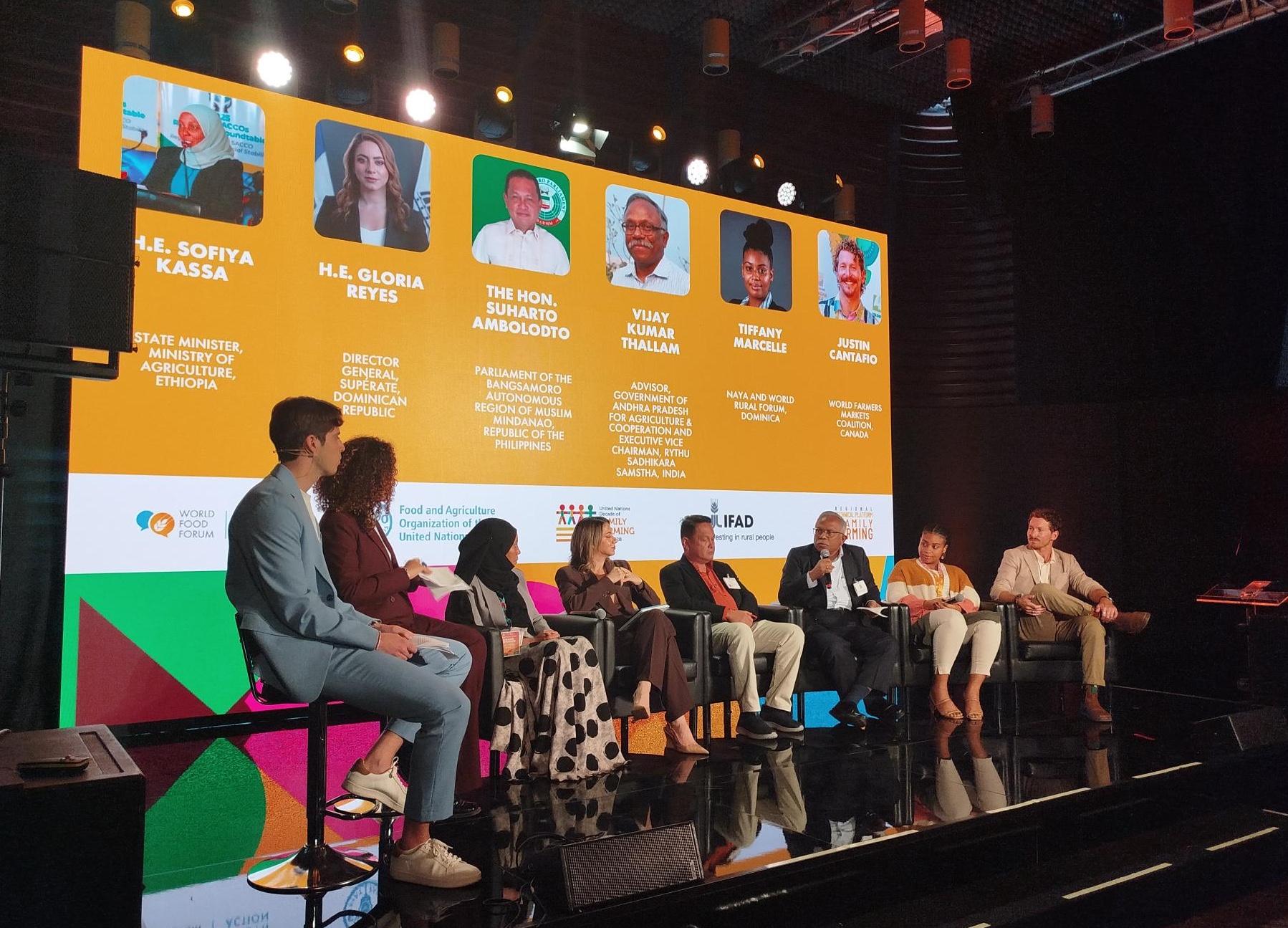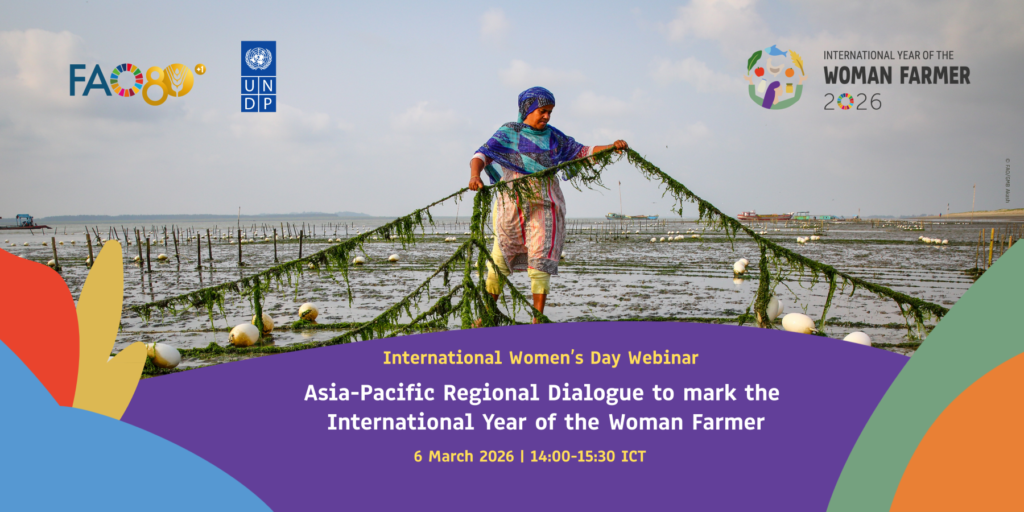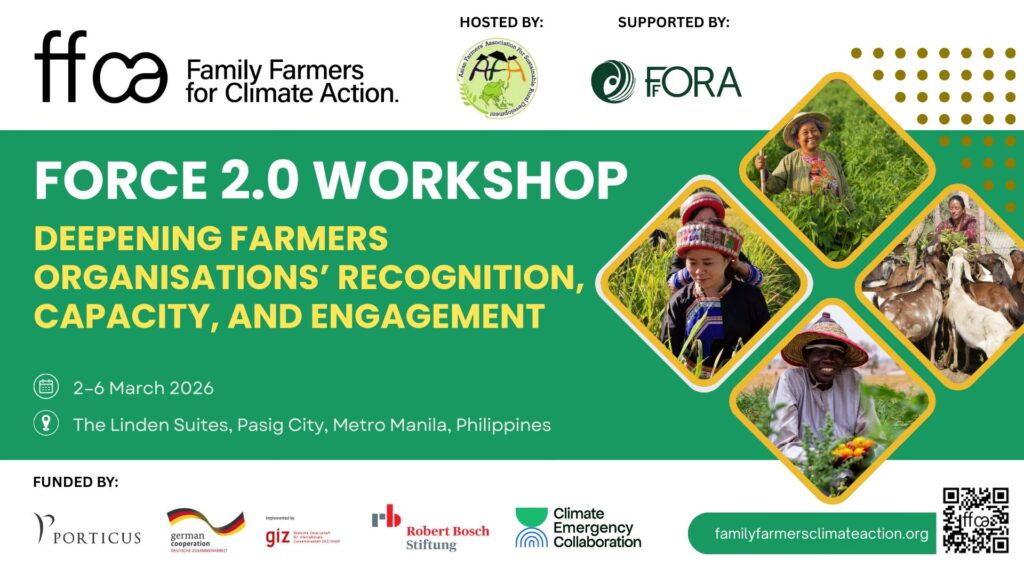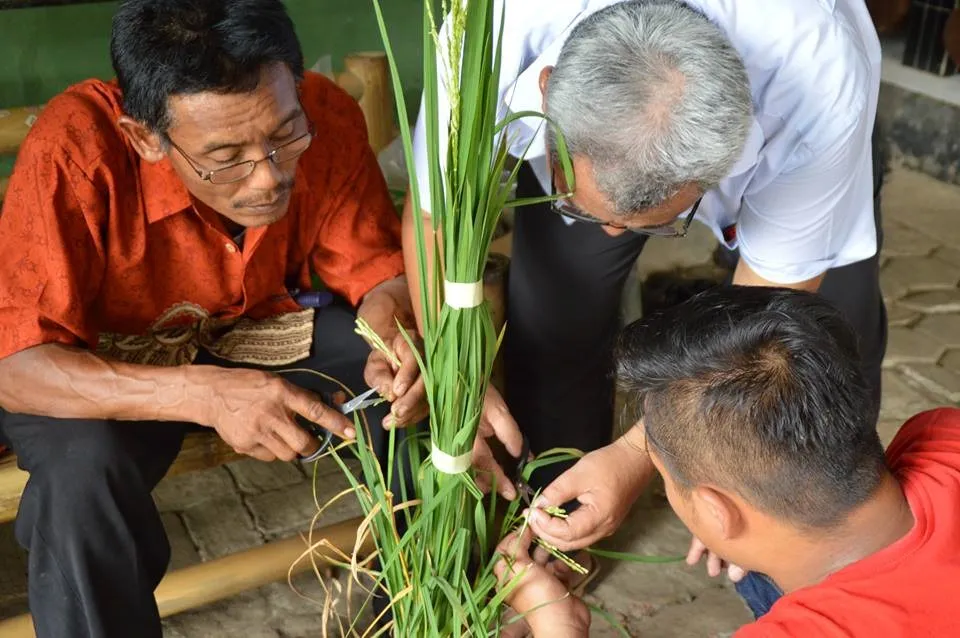
Future of family farming: Young farmers drive policy innovation for a sustainable future
As the world works to build sustainable and resilient food systems, one essential factor stands out: the renewal of generations in agriculture. Young family farmers are not only the future of the sector — they are its present. With creativity, determination, and new technologies, they are transforming agrifood systems from the ground up. This message was at the heart of the hybrid event “Future of Family Farming: Policy Innovations for Young Farmers,” held on 15 October 2025 at FAO headquarters in Rome as part of the World Food Forum.
Organized by FAO’s Partnerships and UN Collaboration Division, in collaboration with the Regional Technical Platform for Family Farming of the Regional Office for Latin America and the Caribbean, the session brought together young farmers, policymakers, and development partners from across the globe. The discussion focused on innovative policy approaches that can strengthen generational sustainability and ensure that family farming continues to thrive.
Investing in the next generation
In his opening remarks, FAO Deputy Director-General Maurizio Martina emphasized
that the future of family farming depends on policies that recognize, support, and
respond to the aspirations of young people. A roundtable featuring representatives from Ethiopia, the Dominican Republic, the Philippines, India, Dominica and Canada showcased concrete examples of how policy innovation, targeted investments, and institutional support are helping young people
take leadership roles in agriculture and build vibrant rural economies.
Spotlight on Europe and Central Asia: Young farmers as innovators
As part of the session, FAO presented the Mark of Recognition of Young Farmers in Europe and Central Asia, highlighting outstanding youth contributions to sustainable agriculture. Viorel Gutu, FAO Assistant Director-General and Regional Representative for Europe and Central Asia, commended young farmers for their innovation and resilience, describing them as key agents of change in shaping equitable and sustainable rural communities. Among the recognized farmers was Lourdes Perona López, an agricultural technical engineer from Spain, celebrated for introducing drone and GPS technologies to her organic sheep farm. These tools allow her to track her flock in real time, optimize grazing patterns, and quickly detect predators or injured animals, all while preserving the traditional essence of extensive grazing.
Reflecting on her experience, Lourdes shared a message that resonated throughout the event: “Young rural people do not need to be told what to do — we need to be listened to. Include us from the beginning in policy creation and trust in our capacity.” She also underlined the vital role of women in agriculture: “For too long we have been invisible. Without rural women, there is no rural future. Investing in young people and women in farming is investing in the food sovereignty of tomorrow.”
A call for inclusive and participatory policies
The discussion concluded with a shared understanding that generational sustainability can only be achieved through inclusive, cross-sectoral, and participatory policies that empower young farmers at every stage — from design to implementation and evaluation. Participants agreed that young people should not only benefit from agricultural policies but help shape them, ensuring that measures are practical, locally relevant, and adaptable to the realities of today’s rural communities. The event reaffirmed the broader vision of the UN Decade of Family Farming: that young family farmers are not only the future of agriculture — they are its driving force
today, leading innovation, fostering rural development, and cultivating sustainable food
systems for generations to come.



